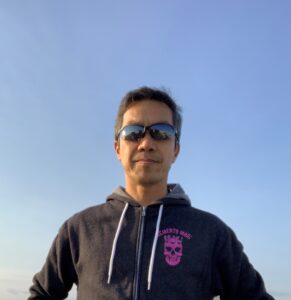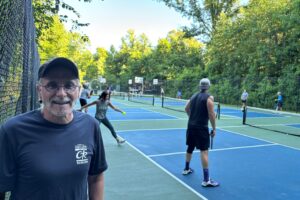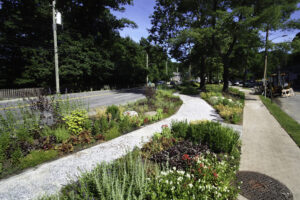
In the Bible, Jesus shares a parable about a person who was assaulted, robbed and left lying bleeding and injured on the road. Several people walked by and did not help for fear of also getting robbed, inconvenienced, or perhaps infected. Finally, one person, who was of a different and hated ethnic group, stopped and helped the victim.
Jesus asked the listening crowd, “Which of these people was a neighbor to the victim?” to instruct us on how we should respond to people in need. Hence, the helper became known as the Good Samaritan. This powerful question should be on our minds in light of the numerous hate crimes against Asian American and Pacific Islanders (AAPI).
These hate crimes are happening throughout America’s big cities and even in White Plains. These despicable attacks are occurring almost daily in New York City. The victims have been mostly the elderly and women. They could easily be my parents or sister, or yours. Asians are people of color — visible and cannot hide or identify away our appearance. These criminals are picking on Asians strictly for our appearance and using us as scapegoats for their frustration.
Asians were brought to America beginning in the mid-19th century to be a cheap labor option in part, to replace African slaves and to keep white (Irish and Italian) immigrants from demanding higher wages. As a result of labor tensions and cultural differences, mobs frequently terrorized and even lynched Asians in their homes or in railroad and mining work camps. Asians had little legal protection or rights at that time. Then came the Chinese Exclusion Act of 1882, which halted Chinese immigration and was followed by even more restrictive immigration laws eventually targeting all Asians.
The injustices we have suffered and our struggles are similar to those of other communities of color though less known or taught. The recent dramatic spike in hate crimes is the result of many factors — the pandemic’s mental and economic consequences, the escalating tensions with China, divisive words of politicians on both sides of the aisle, negative stereotyping by Hollywood and advertisers, and the model minority myth.
So, how can we help?
1. Be vigilant of and report any incidents against Asians and others. Call the police and don’t put yourself at risk.
2. Talk to your neighbors. Get to know them as individuals rather than relying on the misinformation and negativity of social media and opportunistic politicians. 3. Celebrate May as AAPI Heritage Month and visit https://www.pbs.org/weta/asian-americans to begin learning about the contributions of Asians in America.
We are emerging from the pandemic shutdowns with optimism. Our community becomes stronger when we see each other as one of “us” and not as one of “them.” So, let’s work together to see ourselves as neighbors.
Calvin Chin is a lifelong New Yorker and longtime River Town resident. He enjoys living and playing here and only laments its distance to CitiField.







Well said!
Thank you, Calvin for speaking up and giving your observations as well as historical facts regarding AAPI and abuses. The present abuses are very frightening too. Ignorance, a lack of human compassion, and blame throwing must be countered by prayer, keeping vigilant, and taking action on behalf of all people, in this case- AAPI people.
Calvin this is excellent thank you for sharing, prayers to you and your family
Appreciative of the invitation of getting to know your neighbor, especially with ones who are different rather than to judge others based on assumptions and negative stereotypes.
This is a helpful and constructive article offering all of us simple ideas for greater community. Thank you
Thanks for your voice, Calvin! Appreciate you and your helpful thoughts on how to engage prejudice during our current crisis.